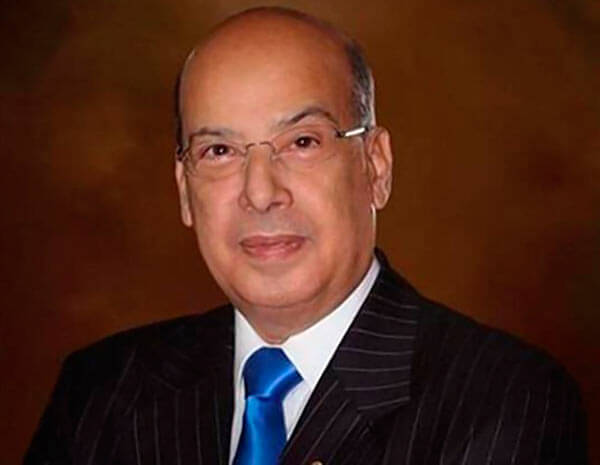Barbados has jumped ahead of its Caribbean Community (CARICOM) partners in passing a law granting to spouses of skilled nationals from other regional countries the right to work without a permit and access to free health care on the island.
When the lower house of Parliament passed the Caribbean Community (Amendment) Bill last Friday, it not only paved the way for automatic work permits and health access of these spouses whose partners are employed in Barbados as skilled nationals, but it also opened the doors for Bajans to enjoy similar conditions in member countries.
This is consistent with the CARICOM Protocol on Contingent Rights, signed by government representatives of Antigua and Barbuda; Barbados; Grenada; Haiti; Jamaica; St. Lucia; St. Vincent and the Grenadines; and Suriname at the 39th regular Heads of Government Summit held in Jamaica in July 2018.
It is expected that for now the Barbados reciprocal arrangement will be restricted to nationals of the member countries that have signed onto the Protocol and followed-up by passing the law through their parliaments.
Only six of the eight remaining member countries are due to sign on to this Protocol as The Bahamas and Montserrat have excluded themselves from aspects of the Revised Treaty of Chaguaramas Establishing the Caribbean Community including the Caribbean Single Market and Economy.
The six whose signatures that remain outstanding are of Belize, Dominica, Guyana, St. Kitts and Nevis, and Trinidad and Tobago.
In this Protocol spouses include those in common-law relationships. They could remain and work in Barbados even if the marriage or common-law relationship has ended.
Children could remain and acquire independent status and be employed without a work permit until attainment of the age of majority, which is 18 in Barbados.
These offspring of skilled CARICOM nationals and spouses would enjoy free primary and secondary school education.
In presenting the bill to parliament Home Affairs Minister, Edmund Hinkson, said that Barbados went beyond the Protocol stipulations by extending to these children the right to enter secondary school free of cost.
It is unsurprising that Barbados has jumped ahead of other CARICOM jurisdictions in passing the law through parliament as this island is on the verge of a labour supply crisis because Bajans are not multiplying fast enough to fill the workplace void created by persons retiring.
Bemoaning this fact Chief Medical Officer, Dr. Kenneth George recently said, “in 2007, there were 3258 births recorded, and within 10 years this dropped to 2346, a 15 per cent decline.”
“As Barbados continues to develop its aspirational goals it is necessary to ensure that there is a workforce that can carry the country forward. Declining birth rates, coupled with an ageing population, will have a significant impact on our ability to project for the future requirements of national development.”
Supporting the Bill in Parliament, Minister of Tourism, Kerrie Symmonds urged Barbadians to see the reciprocal benefit in the new pending law because it gives them the right to relocate to signatory countries for work and business unhindered.
“That is why we have to pass this piece of legislation today, not because we are so keen about people coming here only, but we have to make sure when Barbadians go abroad, they are treated fairly and the reciprocity is there,” Symmonds said.
That list of skilled CARICOM nationals allowed to move and work freely across the regional community was just last December, at a meeting of Heads in Port of Spain, extended to include beauticians, barbers, security offices and agricultural workers.

























